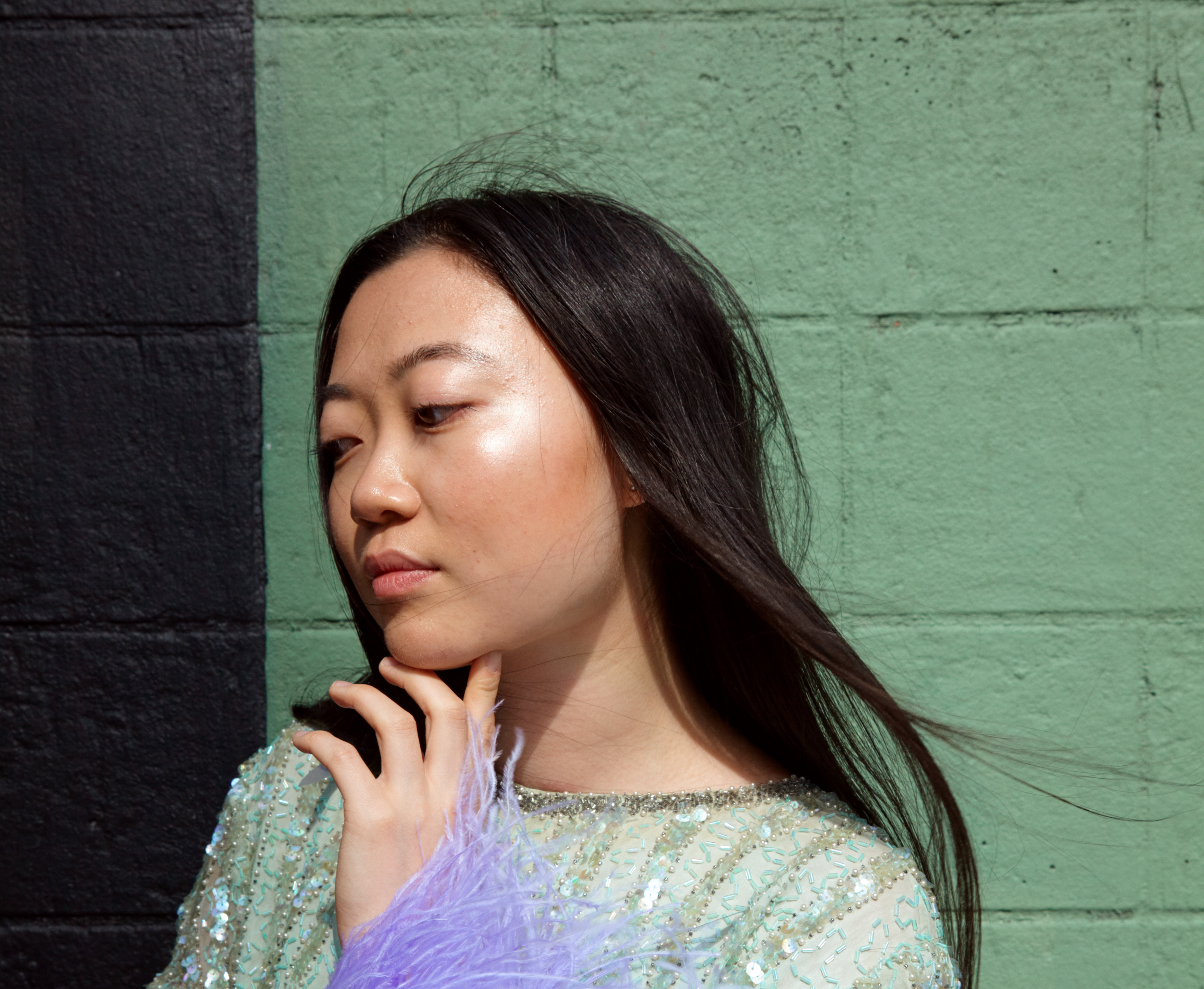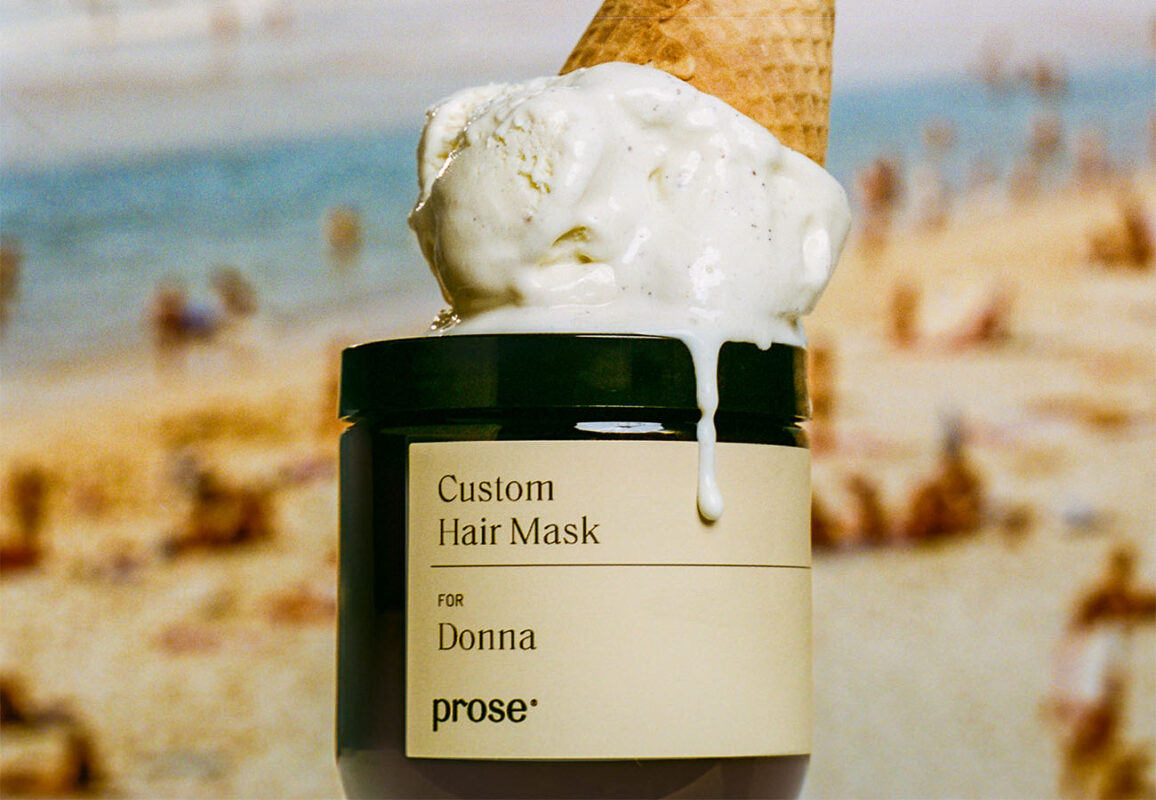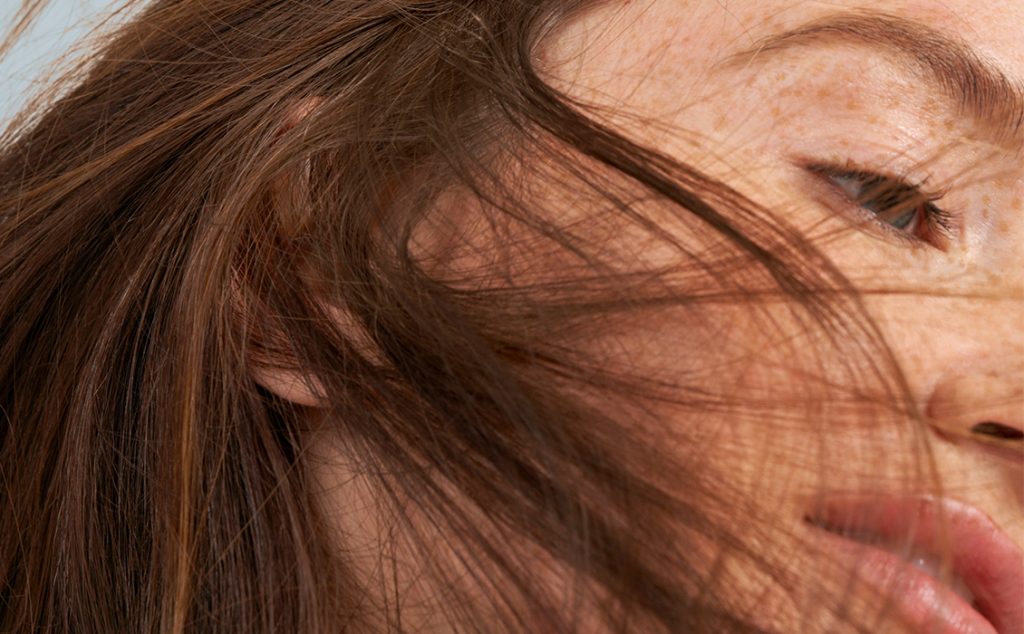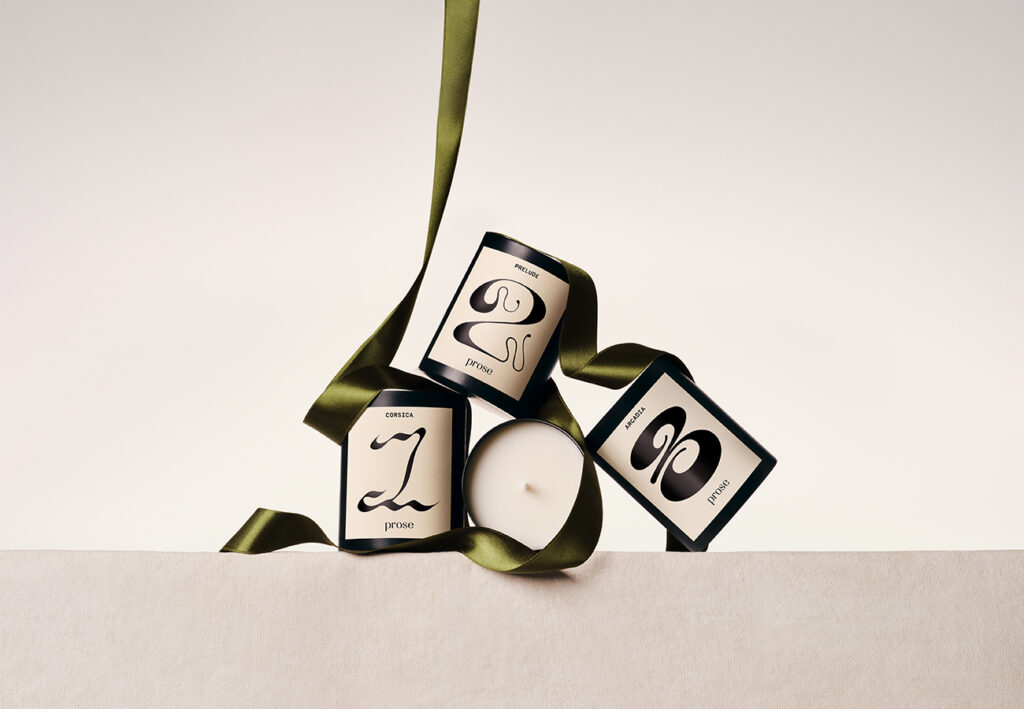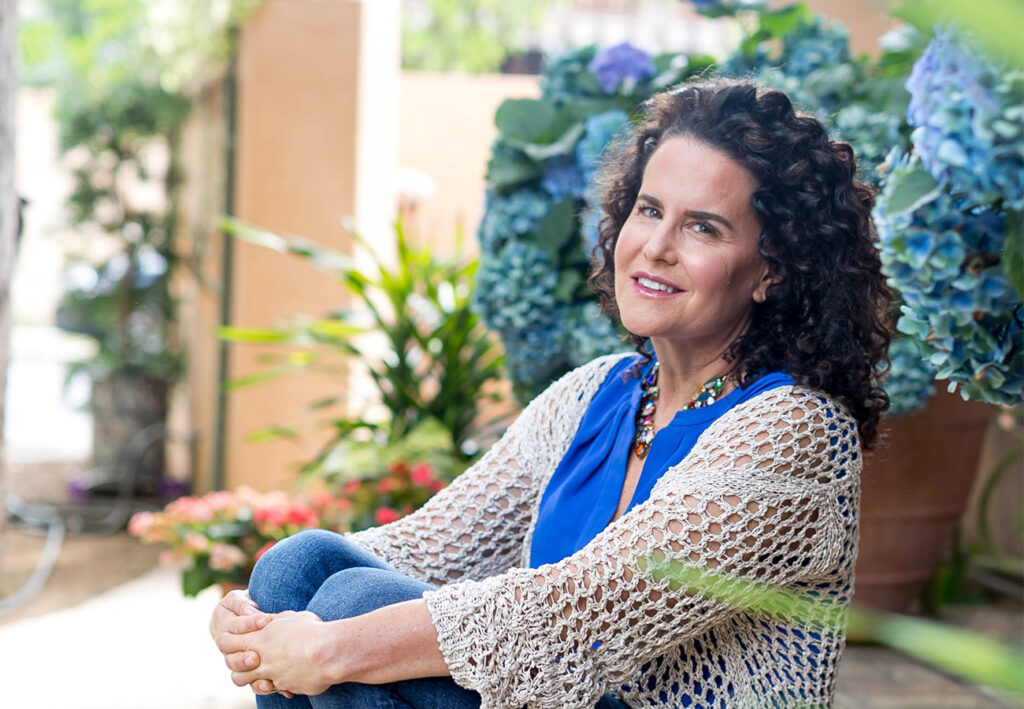Chapter 1: The Outside Weighs In My earliest hair experiences were shaped by my mom. In pre-school, I had super long hair, because I wanted to look like a princess, as one does. She would style my hair in pigtails for me. I don’t know if it was laziness or lack of time or what on her part, but she didn’t want to do them everyday. So on day one, I’d have crisp braids, and by day four, they’d be really messy. At some point, I remember she was into watching Korean dramas. We’re not Korean, but she got really into those shows. She thought one of the girls in the drama had cute bangs. It’s worth noting that I have quite a large, round face, so bangs don’t suit me, but my mom was like, “no, no, no, this needs to happen!” My mom’s not a hair stylist, and cutting bangs isn’t as easy as it looks. I was about ten years old, and it was the first time I recall feeling insecure as a direct result of my appearance. Trivial as it might have been, I remember crying about it.When I hit my teen years, I tried to fit in with my environment as best I could. For instance, it became cool to straighten your hair, so I saved my allowance for two months to buy a flat iron, even though my hair was already straight. That’s how much I wanted to participate in the same beauty rituals as the girls around me. In high school, I became more experimental. I tried going lighter with a balayage, and then I went all the way in the other direction and dyed it black-blue. I even tried bangs again (except this time, it was my own decision.) I distinctly remember consulting my friends for advice on the colors I could experiment with that wouldn’t make me look “too Asian.” My Asian hair felt restrictive to me when I was younger. While everyone was first straightening and then curling their hair, I just couldn’t participate in any of it. I’d watch a YouTube beauty tutorial and try to do it myself, and it would never turn out the way it was depicted. It felt like my body — or rather the extensions of my body — responded in a way they weren’t supposed to, and that was really frustrating.
Chapter 2: Awoken
A few years ago, something changed for me. I noticed that I had become judgmental toward other people and overly concerned with their behaviors, and it was something I didn’t appreciate about myself at all. I think that the negative opinions I held about other people was isolation manifesting in a disguised way, and it left me feeling very lonely. I realized that my judgment said more about my own inner friction than the people I was forming those thoughts about. There was no singular, defining moment where I sat down with myself to address this lack of self-acceptance. I simply became more interested in inner-directed observation over outer judgment, and more invested in creating opportunities outside of my comfort zone. A catalyst for this was my starting my brand, Dauphinette. Even though it’s small and new, I think about how my brand choices might have an impact on someone else, and I do my best to find ways to align my intentions with my actions. This mentality made self-acceptance come so much easier to me. It helped me develop a sense of peace with myself, and in turn, self-confidence. I became more aware of how I treat myself and the impact that that has — not just on me, but on the people in my life, too.
Chapter 3: Low Maintenance
I have become incredibly low maintenance with my hair. I don’t even own a hairbrush. I really appreciate how easy my hair is now — the fact that I don’t have to think about it everyday. I don’t even blow dry it. I just let it air dry. I do like to put Argan oil in my hair. It’s a nice little ritual that I’ve created for myself. I shampoo, sometimes condition (not always) and then once the Argan oil is in, I’m done. I went to Morocco by myself and was browsing wellness products in the souk. I ended up buying a vial of Argan oil for one dollar — it’s my best- kept hair secret. While I don’t do anything to damage my hair, I don’t do that much to protect it, either, so Argan oil is one thing I do to feel like I’m creating or generating benefit for my hair. I think we all have a preferred method of self-expression. My hair serves a more utilitarian purpose. I prefer to express myself through the way that I dress or through conversation. I just get more enjoyment from experimenting with fashion than hair. The way I feel about my hair is that it’s like a faithful friend — I may not extend words of appreciation everyday, but it’s there through everything in life.
Chapter 4: Let It Be
When I was growing up, the way I styled my hair reflected my feelings at the time about my Asian heritage. It reflected my many attempts to close the cultural gap between the women in my hometown and me. I’m from a suburb of Chicago that is classic Midwestern. Ethnically, it is mostly white. Socioeconomically, it is middle class. And culturally, it is all-American. There weren’t a lot of people who looked like me, and my hair was one of the ways I tried to mitigate those differences. I used to feel like I needed to be more like others to become the most perfect version of myself, and that mentality turned out to be totally wrong. I would take it as a personal slight or blow if someone else received a compliment on her hair, or really any facet of someone’s appearance. It set off this alarm in my head that I needed to improve that aspect of myself. I would think, if I lean more toward the way you are, I can be more perfect. That’s just not the way it works. I no longer seek to derive value for myself from others’ perception of me. I can’t say that I’m perfect at that, and there are still times when others’ opinions seep through. Someone I know said something to me recently that suggested that he thought my hair was ugly. He said something to the effect of my hair not “adding” anything to my appearance. It made me realize that I valued his opinion more than I should have, because I really wanted him to say something positive to me. I saw my role in that — how I gave him an opportunity to make me feel like a lesser version of myself. It made me want to reevaluate my feelings about our friendship. I value my hair as part of my identity and I’m not willing to waiver on that. I feel a sense of cultural closeness and pride that I definitely didn’t feel when I was straightening my already straight hair to “fit in.” Letting my hair be just the way it is feels like the most drastic transformation of all, even though its transformative quality is not immediately obvious. I’m focused on keeping my hair in good health and appreciating its natural qualities. Cultural pride and hair care are closely linked for me — they grow together, and both grow with me.
More about our Down to the Root series:
Hair is a large part of our identity. No matter if you wear your hair long, short, straight, curly, loc’ed, natural, or have none at all.
Our relationship with our hair has ups and downs, triumphs and struggles, all of which are reflected in who we are today.
Hair is often a direct link to our heritage, passed down from generation to generation and worn as a crown on our head. Or, is it a cross to bear?
In the first edition of our Down to the Root series, we share intimate stories of acceptance, personal history, and coming of age from real people. While each is truly unique, the common thread is the emotional impact that culture, both here and abroad, has had on their hair story.

